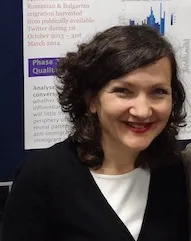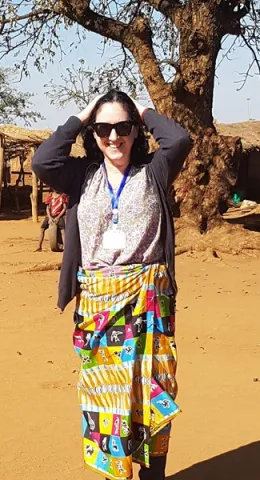Project overview
Climate change is increasingly significant in our individual research around transnationalism, mobility and (forced) migration. Yet, current debates are dominated by natural science concepts such as ‘adaptation’, ‘resilience’ and ‘tipping points’. These go largely uncontested as they relate to people and communities whose actions and understandings are mediated through culture, modes of subsistence and emotions. As researchers exceptionally strong in ethnographic approaches and discourse analysis, our goal is to critically address these concepts from local community perspectives, including through a focus on women and older people, as communities suffer resource degradation due to climate change, and to poor biodiversity management and climate change mitigation by national governments. We aim to bring local understandings and responses to the attention of both Global South and North policy makers managing the impacts nationally around in and out migration, changes to the family unit, poverty, labour, and resource use; and internationally around the UN’s calls for global action through SDGs that promote well-being, poverty reduction, sustainable growth, and women’s empowerment. Our proposal brings two key novelties to these discussions: i) methodological; and ii) conceptual, in that we want to critically question the very concepts of ‘resilience’, ‘adaptation’, and ‘sustainability’.







